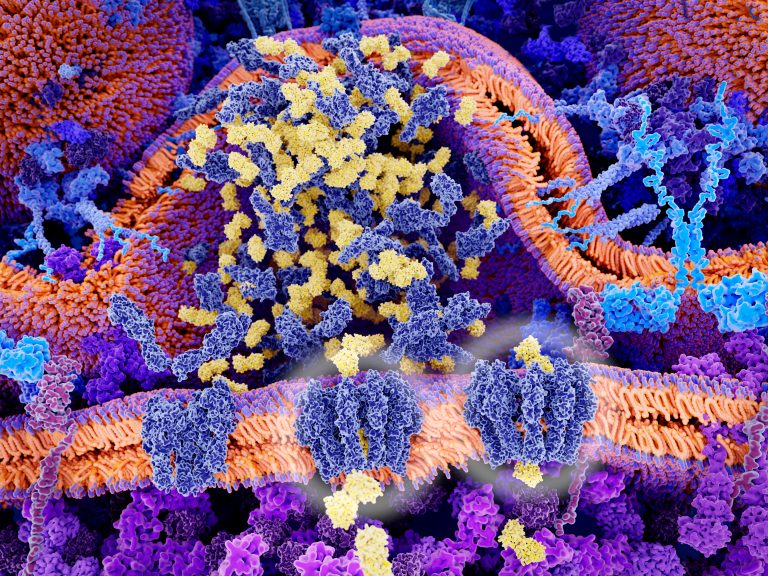
The FDA has approved Bristol Myers Squibb’s and bluebird bio’s CAR-T cell therapy for treating the blood cancer multiple myeloma, the first cell-based gene therapy approved for this indication and is the first B-cell maturation antigen (BCMA)-directed therapy.
Abecma (idecabtagene vicleucel) was approved for patients with multiple myeloma whose cancer has not responded to at least four types of therapy, or whose cancer had returned after previous therapies.
It is a highly personalized autologous therapy, which involves extraction of a patient’s T-cells, modification of the T-cells to target the cancer, and re-infusion of these cells back into the patient.
Multiple myeloma affects the plasma cells, a kind of white blood cell that produces antibodies. Around 32,000 people per year are diagnosed with this condition in the U.S. It is fairly difficult to treat and most available treatments only induce responses in around 30% of patients. Long-term remissions are rare, with a five-year survival rate of around 54%.
While CAR-T cell therapies have shown good efficacy in blood cancers compared with solid tumors, until now they have only been approved to treat leukemia and lymphoma. This is the first such therapy to be approved for myeloma treatment and also the first in a new class of CAR T therapies targeting BCMA rather than CD19.
The approval is based on results from a phase II trial, published in the New England Journal of Medicine earlier this month. In the trial, 73% of 128 patients had at least a partial response to the therapy, with 33% having a complete response or achieving remission.
The trial met its primary endpoint of 50% of patients having at least a partial response to Abecma, which is also known as ide-cel. Participants in the trial had a progression free survival time ranging from 5.6-11.6 months in the trial.
Side effects seen with other CAR T-cell therapies were also observed on this study, but the rate of cytokine release syndrome or neutropenia of grade 3 or higher was relatively low at 3-5%. Further safety evaluation of the therapy will continue post approval.
“While there is no cure for multiple myeloma, the long-term outlook can vary based on the individual’s age and the stage of the condition at the time of diagnosis. Today’s approval provides a new treatment option for patients who have this uncommon type of cancer,” said Peter Marks, M.D., Ph.D., director of the FDA’s Center for Biologics Evaluation and Research.
This approval is good news for BMS and bluebird bio, as the application ran into problems last year when the FDA refused to allow the company to file for approval in May 2020 requesting further manufacturing details from the companies. The therapy has also been submitted for approval with the European Medicines Authority, but has not yet achieved approval in the region.
Bluebird bio has recently had issues with its gene therapy for sickle cell trial, due to a case of acute myeloid leukemia in a participant, so the approval of Abecma will be welcome good news.
Notably, the approval of Abecma was one of several requirements linked to BMS’s contingent value rights deal linked with its Celgene acquisition. But other setbacks, including delays to the approval of BMS’s other CAR T-cell therapy Breyanzi, now approved to treat B-cell lymphoma, caused the payout to fail.






![AI Algorithm Could Reduce Breast Cancer Mammogram False Positive Rate The primary goal of the Paradigm Registry is to accelerate tumor profiling based on disease biology. [iStock/LilliDay]](https://www.insideprecisionmedicine.com/wp-content/uploads/2019/01/307-218x150.jpeg)






